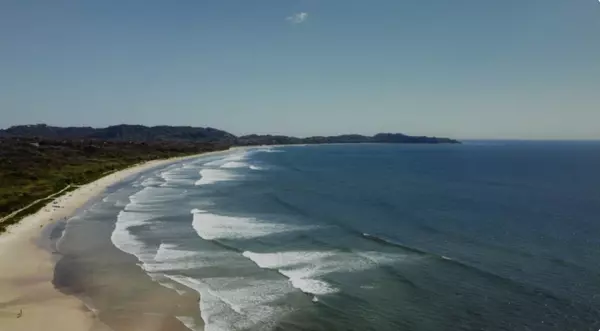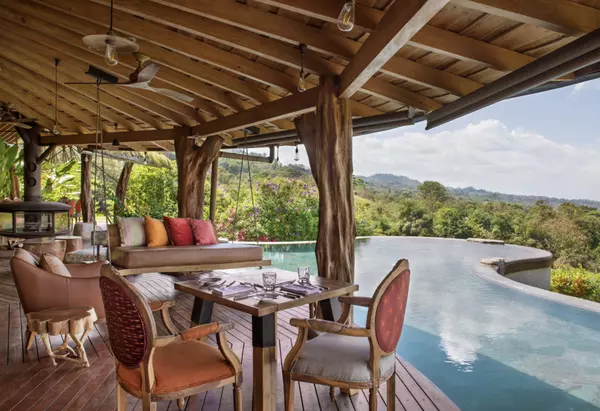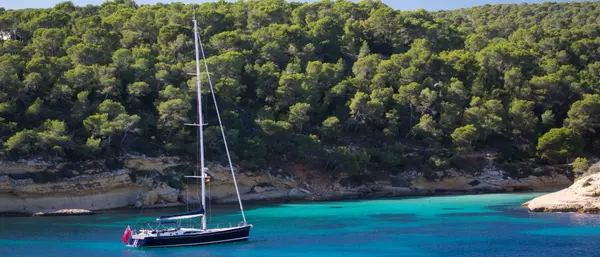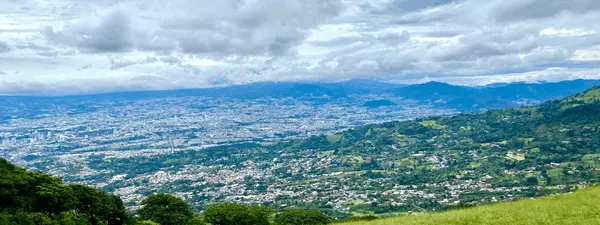Legal Considerations for Purchasing Real Estate in Costa Rica
Legal Considerations for Purchasing Real Estate in Costa Rica

Purchasing real estate in Costa Rica can be an exciting venture, but it’s essential to navigate the legal landscape to ensure a smooth transaction. Understanding the laws, regulations, and requirements specific to Costa Rica will help you avoid potential pitfalls and make informed decisions. This blog will cover the key legal considerations to keep in mind when buying property in this beautiful country.
- Understanding Property Ownership Types:
- Freehold Ownership “Title” (Escritura de propiedad): Freehold ownership is the most common form of property ownership in Costa Rica, where you hold full rights to the property. This type of ownership grants you the ability to sell, lease, or transfer the property as you see fit. It is essential to ensure that the property title is clear, meaning there are no liens or encumbrances on the property. Freehold properties can be inherited, providing long-term security for your investment.
- Leasehold Ownership (Concesión): In some cases, especially along beachfront areas where foreign ownership may be restricted, leasehold ownership is used. This involves entering into a long-term lease agreement, typically lasting between 5 to 99 years, allowing you to enjoy the property without owning the title outright. It is crucial to understand the terms of the lease and any renewal options to ensure you can retain access to the property in the long term.
- Condominium Ownership: Condominium ownership involves purchasing an individual unit within a larger building or complex, while sharing ownership of common areas with other unit owners. This type of ownership is common in urban areas and resort-style developments. Before purchasing, it is essential to review the condominium bylaws and fees associated with maintenance to understand your responsibilities as an owner.
- Due Diligence:
- Title Search: Conducting a thorough title search is crucial to verify that the seller has clear ownership of the property and that there are no liens or encumbrances. This process involves checking the property records at the National Registry (Registro Nacional) to ensure that the title is clean and that you are purchasing from the rightful owner. Any issues uncovered during this process should be resolved before proceeding with the purchase.
- Legal Consultation: Hiring a qualified attorney experienced in Costa Rican real estate law is vital for navigating the complexities of the process. Your attorney will assist you with due diligence, reviewing contracts, and overseeing the closing procedures. Their expertise will help you avoid potential pitfalls and ensure that all legal requirements are met.
- Property Surveys: To avoid boundary disputes and ensure you are purchasing the correct property, it is advisable to conduct a property survey. Hiring a licensed surveyor will provide you with an accurate assessment of the property boundaries and identify any potential encroachments. This step is essential for confirming that the property you are purchasing aligns with the seller’s representation.

- The Purchase Agreement (Promesa de Compra):
- Content of the Agreement: The purchase agreement is a crucial document that outlines the terms of the sale, including the purchase price, payment terms, property description, and closing date. It is essential to include conditions precedent, such as successful due diligence, to protect your interests. This agreement serves as a binding commitment between the buyer and the seller.
- Deposit and Escrow: A deposit, typically around 10% of the purchase price, is often required to secure the purchase agreement. This deposit demonstrates the buyer’s commitment to the transaction. It is advisable to use an escrow service, where the deposit is held in a neutral third-party account until closing. This process provides security for both parties and ensures that funds are only released when all conditions are met.
- Closing Process:
- Finalizing the Sale: The closing process typically takes place at the office of a notary public, who plays a critical role in the transaction. During closing, both parties will review and sign the final sales documents, including the deed of transfer. It is essential to have all required documents ready, such as identification, the purchase agreement, title certificate, and payment receipts.
- Transfer of Ownership: After signing the necessary documents, the notary will prepare and register the new title with the National Registry. This process officially transfers ownership of the property to the buyer. Ensure that you receive a copy of the new title after registration, as this will serve as proof of your ownership.
- Taxes and Fees:
- Property Transfer Tax, National Registry Stamps and Notary Public Fees: In Costa Rica, a property transfer tax of 1.5% and the National Registry Stamps of approximatley 1% have to be paid in order to file the transfer of deed to the National Registry. Both percentages are calculated based on the purchase price or the assessed value, whichever is higher. These costs are typically paid at the time of closing and are an essential part of the purchasing process. Be sure to budget these expense as part of your overall costs.
Attorney and Notary Public Fees need to also be budgeted as part of the purchasing process. These fees will be in the range of minimum a 1%. It is advisable to ask the attorney and notary public to quote their fees in advance, to understand this cost.
- Annual Property Taxes: Once you own property in Costa Rica, you will be responsible for annual property taxes, which are generally 0.25% of the assessed value of the property. Understanding these ongoing tax obligations is crucial for budgeting and maintaining your investment in Costa Rica.
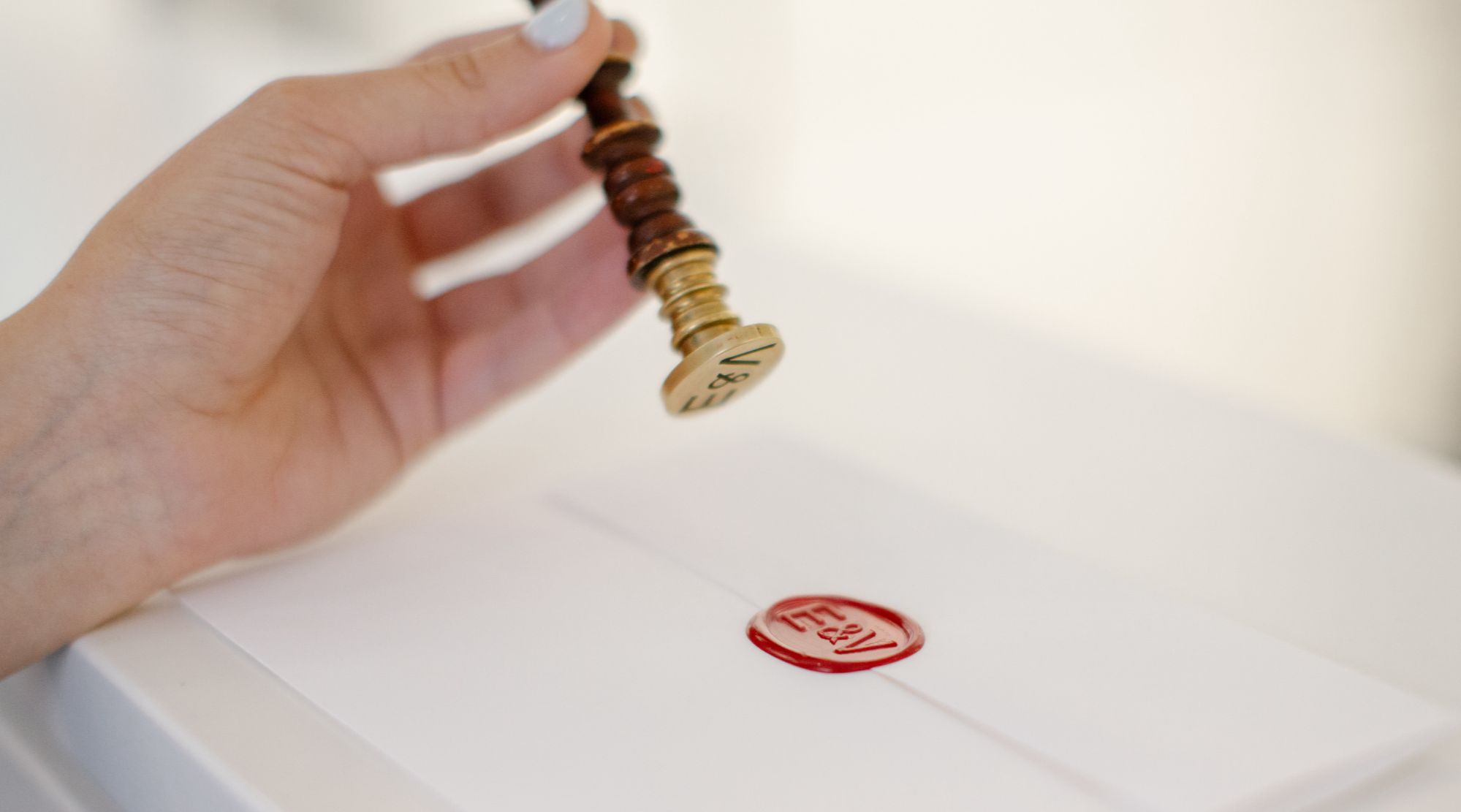
Closing Thoughts:
Understanding the legal considerations when purchasing real estate in Costa Rica is crucial to ensure a successful transaction. By conducting thorough due diligence, working with qualified professionals, and being aware of the legal requirements, you can navigate the process confidently and enjoy your investment in this beautiful country.
Categories
Recent Posts

